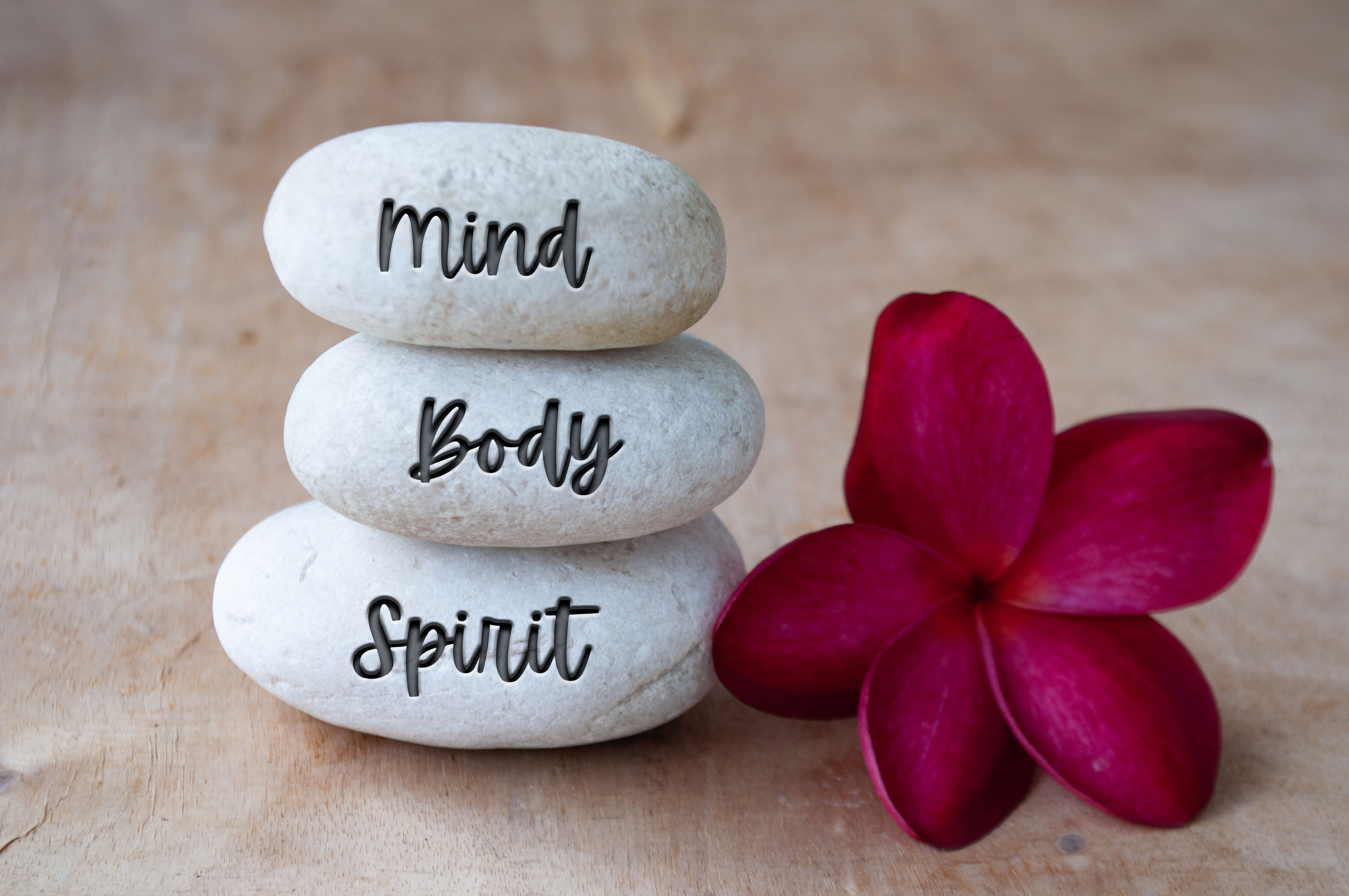Mirror Neurons: Why We Feel What Others Feel
Understanding Empathy and Emotional Contagion in the Counselling Room
by Angie Petrie
If you’ve ever found yourself tearing up with someone as they share a painful story, or feeling a heaviness in your chest as you listen to someone’s sadness, or, not forgetting, elated as a friend shares their joys, you’re experiencing the remarkable power of mirror neurons.
As counsellors, especially those of us who identify as neurodivergent or highly sensitive, it’s essential to understand how these tiny neural networks shape our emotional world, our therapeutic work, and our well-being.

What Are Mirror Neurons?
Mirror neurons are specialised brain cells that fire both when we perform an action and when we observe someone else performing that same action. Discovered in the 1990s through research with primates, these neurons are now believed to play a crucial role in empathy, social connection, and learning through imitation. When we witness another person’s emotions, whether joy, anger, or sorrow, our mirror neurons “light up” as if we were experiencing those same feelings ourselves. It’s as though the brain sets up an internal echo, resonating with the emotional state of those around us.
Feeling Others’ Sadness: Empathy in Action
From a counselling perspective, mirror neurons help explain why we sometimes absorb the emotional states of our clients. Imagine you’re sitting with someone who is quietly weeping. Without uttering a word, you might feel your own mood shift, a lump form in your throat, or even tears prick your eyes.
This “emotional contagion” is your mirror neuron system at work, reflecting back the sadness you observe. Empathy is the cornerstone of effective counselling, and mirror neurons provide a biological basis for our capacity to connect deeply with others.
However, this connection is a double-edged sword. While it allows us to offer authentic, attuned presence in the therapy room, it also means we are vulnerable to emotional overload and burnout, especially if we do not have robust self-care strategies in place.
The Double-Edged Sword of Empathy
For neurodivergent counsellors and those who are naturally empathic, mirror neurons can sometimes feel like both a gift and a challenge. On one hand, they allow us to “walk alongside” our clients, holding space for their grief and validating their experiences in a profound, non-verbal way.
On the other, repeated exposure to distress can leave us feeling depleted, emotionally saturated, or even overwhelmed by sadness that isn’t truly ours. It’s important to recognise the signs of emotional contagion:
- Persistent low mood after sessions with distressed clients
- Physical symptoms of tension or fatigue
- Difficulty distinguishing between your own feelings and those of others
Counselling Strategies: Caring for the Carer
So, how do we harness the wisdom of our mirror neurons without becoming lost in the feelings of others? Here are a few evidence-informed strategies:
- Develop Emotional Boundaries: Regularly check in with yourself before, during, and after sessions. “What am I feeling? Is this mine, or am I holding it for someone else?”
- Grounding Techniques: Use breathwork, movement, or sensory anchors (like a textured object or scent) to help return to your own emotional baseline.
- Supervision & Peer Support: Talk openly about emotional contagion in supervision. Sharing these experiences can destigmatise them and provide practical solutions.
- Self-Compassion Practices: Remember, your own wellbeing is just as important. Treat yourself with the same gentleness and understanding you extend to clients.
Reflection: The Power and Responsibility of Connection
Mirror neurons are a testament to our interconnectedness as human beings. They remind us that empathy is not just a concept; it’s an embodied experience, woven into the very fabric of our nervous system.
I'm aware this knowledge can empower us to be more intentional in our practice: to show up with compassion, while also honouring our limits.
Feeling others’ sadness is a sign of your deep humanity. By understanding the role of mirror neurons, you can embrace your empathic gifts while keeping your own emotional health in balance.
Remembering self-care isn’t a luxury; it’s a necessity. Too often we share how to access self-care and build it into a busy lifestyle without accessing it ourselves.
Maybe take a look at the blog I wrote about Soul Food, as self-care may have become a task, more akin to the way we view work. Soul food is about our spirit-filled presence and how we are refreshed and rejuvenated within the depth of us.
